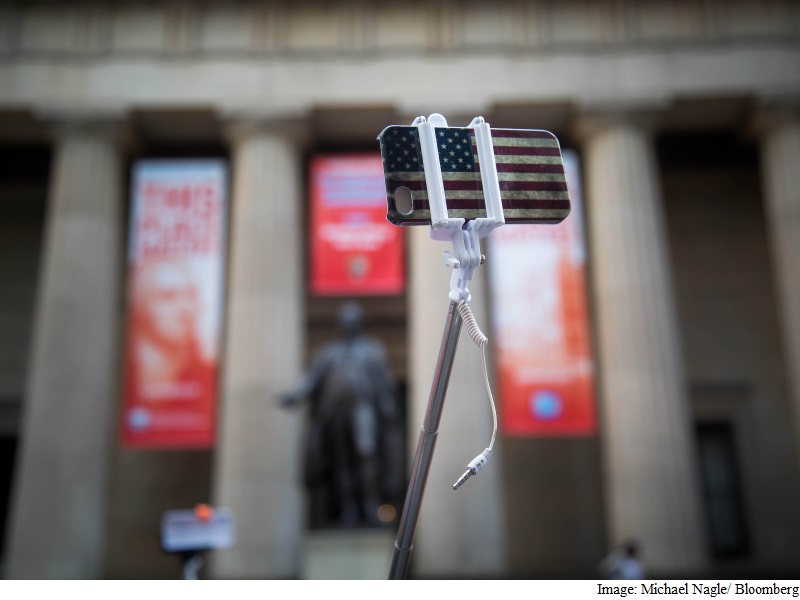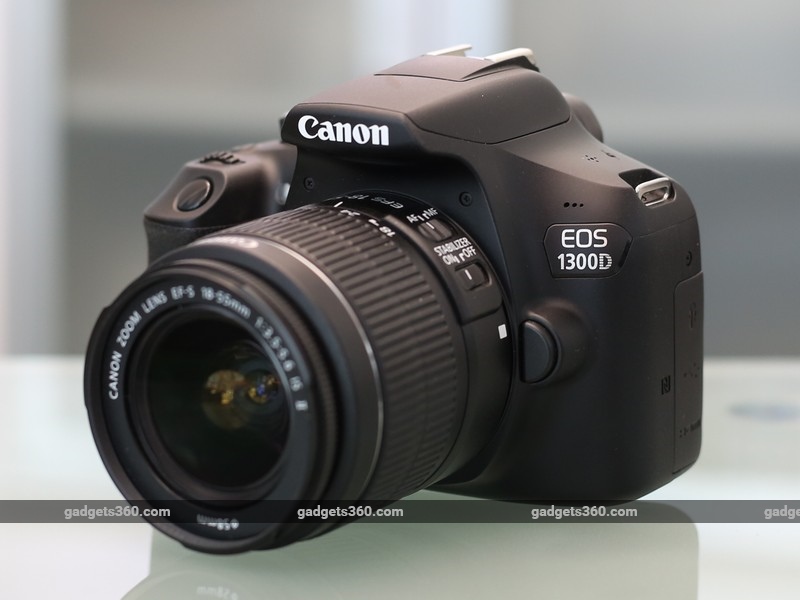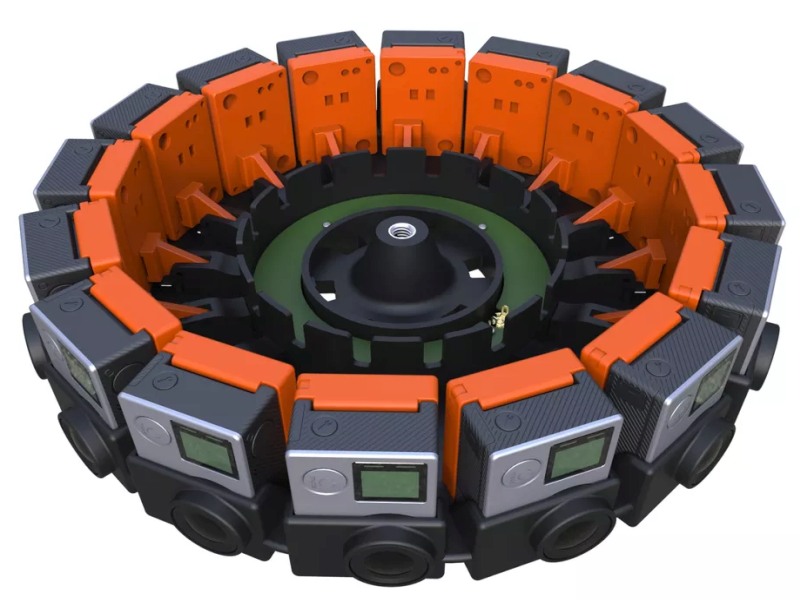[ad_1]
Previously ubiquitous at functions and for capturing Instagram- worthy landscapes, the act of raising a cellular phone to your facial area and locating the perfect picture angle could choose on a full new purpose in people’s funds. Some banking companies, tax agencies and tech companies are generating the selfie an integral step for people today checking their lender accounts, procuring on the internet and filing tax returns.
Forced to uncover resourceful strategies to guard versus the increasing threat of identification theft, a escalating variety of companies are going from a method that assessments people on what they know, these as a password. Now they want to question shoppers to present proof of a thing that can not easily be modified or copied: their face.
“In our viewpoint, the password is dying,” explained Tom Shaw, vice president of business safety at money services organization USAA. The business now allows buyers use a selfie rather of a password to log in to their mobile banking apps. Buyers only require to opt for the facial recognition possibility when they open the app, keep the mobile phone up to their facial area and blink. It really is a great deal easier for some shoppers to choose a rapid photo than it is to inquire them to recall but one more username and password, Shaw suggests.
A photograph also can serve as a way for consumers to offer evidence that it was certainly them – and not an imposter – who designed that invest in or submitted that type.
For occasion, MasterCard designs to roll out a assistance nicknamed “Selfie Fork out” this summer by way of its member financial institutions. By the plan, individuals would shop on the internet as standard and just after checking out, they would affirm the invest in by getting a selfie with a MasterCard cellular app.
And Georgia will roll out a pilot plan for the up coming tax period at the finish of the calendar year that gives taxpayers the solution of creating a secure account exactly where they confirm their identities by using a photo. If there is a match, taxpayers will be asked consider a photo on their smartphones in advance of their tax returns can be processed, guaranteeing the return was not submitted by a fraudster.
The escalating use of facial recognition, on the other hand, raises a sequence of protection and privateness considerations. One particular evident vulnerability is that it is not that challenging to come across out what somebody seems like.
“Every person has your deal with,” states Alvaro Bedoya, the govt director of Georgetown Law’s Center on Privacy and Engineering. “So it is a method of authentication that is inherently general public.”
To defeat that threat, the providers are necessitating selfies that are a very little distinctive than the ones you could see on Fb. Immediately after finding the ideal angle, people are questioned to transfer all around to validate that the digital camera is capturing a dwell human being and not a photo.
In the MasterCard and USAA plans, people are advised when to blink. Georgia’s tax application will prompt people today to place their faces a specific way and scan for movement.
The images are generally not the only protection evaluate, serving as a substitute as the 2nd or 3rd system of authentication. USAA, for example, says that it checks not only the image, but also for the product becoming employed to entry the account. That means a criminal must not be in a position to log in from another telephone that just isn’t presently registered with their units, Shaw stated. For the tax system, Ga will assess the selfies customers submit to the photos it has in its database of point out driver’s licenses.
Privacy advocates panic that if companies misuse the images, it could lead to predicaments exactly where people today are instantaneously identified when they walk into retailers or whilst they are walking down the avenue. Some of that is presently happening.
Quite a few states let legislation-enforcement businesses to use facial recognition to research, or ask for queries, of driver’s license databases when they want enable determining individuals for investigations. Some suppliers have made use of the technology to acknowledge frequent or problematic buyers.
“It is a essential human flexibility to be in a position to wander outside the house and be nameless and be personal,” mentioned Bedoya. “If you can no for a longer time be a confront in the group, that’s a trouble.”
But some of the firms and organizations introducing facial-recognition applications say they are only using the illustrations or photos to validate customers’ identities.
They also say they are shielding customers by not storing the photographs. MasterCard, for instance, said it converts the first photograph buyers take when they set up their accounts into a series of 1s and 0s that simply cannot be used to recreate a person’s deal with. USAA suggests the biometric details is encrypted and wiped if a shopper has not logged in for a although. And MorphoTrust United states, the company providing the technological know-how for the facial recognition pilot in Ga and a likely just one in North Carolina, said that soon after a person’s identity is confirmed, the shots taken will not be saved on the state’s servers.
Still, some of the hiccups consumers might facial area are considerably far more essential. For instance, it is not very clear how well the apps will hold up in scenarios exactly where people’s faces actually have transformed – say due to the fact they attained body weight, begun donning glasses or grew a beard. USAA suggests their application has worked right after this sort of insignificant alterations, but reminds people that they could often change to yet another method of authentication. And MorphoTrust Usa states that its technological know-how will scan for attributes that are not likely to change a lot above time, this kind of as the form of a person’s eyes.
Whether most individuals will go together with the new selfie plans has nonetheless to be seen. The events introducing facial recognition and other biometric options cite comfort and protection when pitching the know-how.
The approach depends on smartphones that a lot of consumers currently have in hand. And simply because these apps are scanning only for the most simple qualities of a person’s experience, none of the usual characteristics needed of selfies – these as perfect hairstyles – are essential.
Some customers may possibly welcome the extra measure. Bigger access to consumers’ private specifics has created it less difficult for criminals to choose out financial loans in their names, go on buying sprees or file fraudulent tax returns. About 17.6 million Us residents ended up victims of id theft in 2014, indicating they experienced their bank account, credit history card or other individual data stolen, according to the most latest info from the Office of Justice.
The selfie gives a simple way to aid them battle that sort of fraud, the organizations say.
In some circumstances, having a photo can also provide an choice to a far more sophisticated process. For occasion, Ga suggests for some taxpayers who need to have to give more data before their tax refunds are paid, having a selfie could be easier and a lot quicker than contacting or mailing in a form.
“We’re having to a area where by we can truly start out employing our identities as a important, or as a way to secure ourselves,” reported Mark DiFraia, senior director of market advancement at MorphoTrust Usa.
Buyers may perhaps also obtain they have selections over and above facial recognition when it comes to confirming their identities. For instance, USAA buyers who want to use biometrics to log into the cell app can possibly scan a thumbprint – the most common possibility – snap a photograph or use voice recognition. About 13 percent of its 11 million users have opted to use the biometric log-in as of early April.
MasterCard people who do not want to consider a image can use the app to scan a fingerprint.
Those solutions may perhaps arrive in useful for persons dealing with a possible stability risk from a person extremely near to them: their equivalent twin.
For that subset of the inhabitants who is familiar with somebody with a face that appears to be like just like their possess, it may be safer to move on the selfie solution and go with fingerprint verification rather, says Catherine Murchie, senior vice president of organization security methods at MasterCard.
If not, that twin could conclusion up likely on a pleasant procuring spree.
© 2016 The Washington Submit



